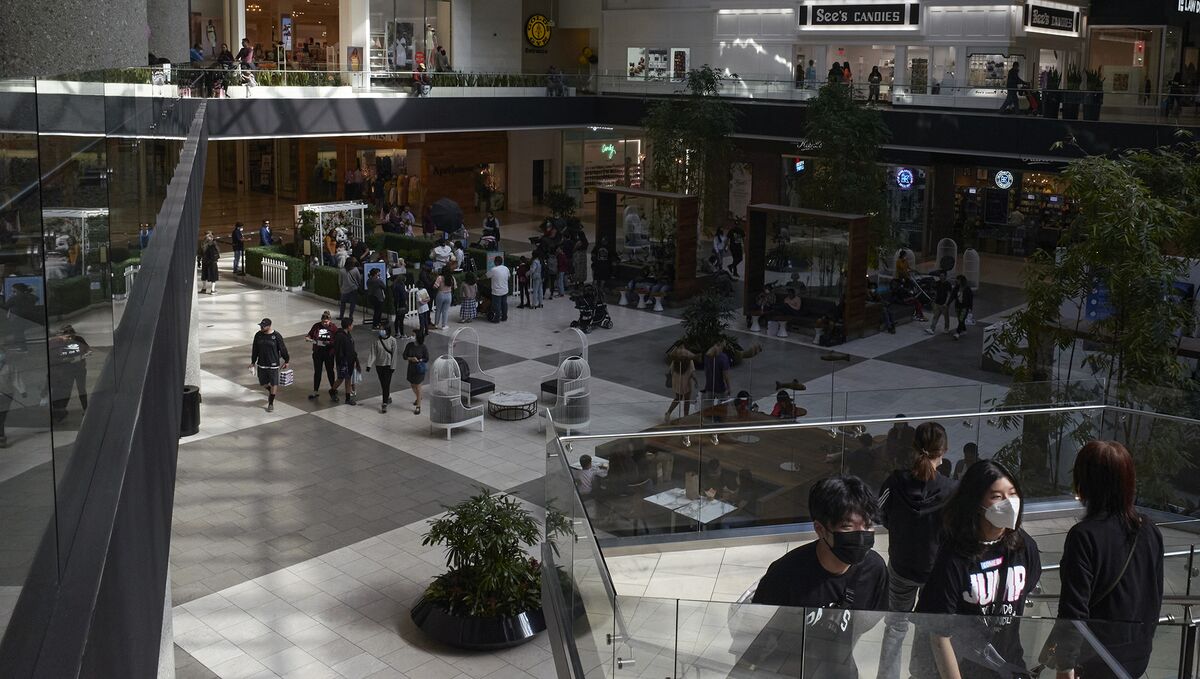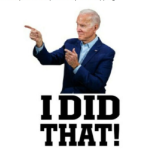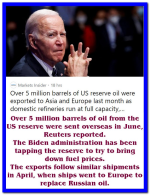About oil.
The price of U.S. crude oil was hovering around $98 per barrel on Wednesday afternoon, down from about $108 late last week. Brent crude fell to about $101 per barrel, down from about $111 late last week.
[…] “We’re on the cusp of seeing more savings,” said Patrick De Haan, head of petroleum analysis at gas price tracking site GasBuddy. “I’m trying to be a little bit optimistic here that this relief could make its entire way to the pump in the weeks ahead.”
[…] “The average price per gallon could fall 40 to 65 cents over the coming weeks,” he said, adding that the drop could be over a three- to six-week period.
“Stations are getting lower prices already,” he added. “Prices could go down a penny or two every day or two for the next six weeks as long as nothing changes.”
Experts say the decline is a double-edged sword, since the cheaper price isn’t due to any real changes on the supply side but rather to consumers scaling back their expenses and pulling down the expectation of demand. (read more)
https://thehill.com/policy/3547968-us-on-cusp-of-falling-gas-prices/
About worldwide and US manufacturing.
Factories around the world are reporting weakening demand for their products, a sign that the consumer-goods boom that kick-started the postpandemic economic recovery could turn into a bust as surging prices and interest rates erode spending power.
Surveys of manufacturers released Friday told a similar story whether the factory was in South Korea, Italy or the U.S.: Output is falling or is rising at a slower pace, driven by declines in new orders, and particularly those from overseas buyers.
When prices began to rise rapidly early last year, central bankers thought the surge would be short-lived because supply would increase to match higher demand. As higher inflation persisted, they stopped waiting and began raising borrowing costs to reduce demand.
Now it seems higher prices themselves appear to be having the same effect, weighing on purchases even in places such as the eurozone, where interest rates have yet to rise.
“Demand is now weakening as firms report customers to be growing more cautious in relation to spending due to rising prices and the uncertain economic outlook,” said Chris Williamson, chief business economist at S&P Global Market Intelligence.
U.S. factory activity grew in June at the slowest pace in two years, according to the Institute for Supply Management’s measure of U.S. manufacturing activity known as the purchasing managers index.
New orders fell for the first time in two years as customer demand weakened. Employment in the manufacturing sector also fell for the second straight month, the survey found.
A separate measure of U.S. manufacturing PMIs produced by S&P Global indicated that output stagnated in June as sales fell for the first time since May 2020. Expectations for future output dropped to the lowest level since October 2020. (read more)
More on that here:
https://theconservativetreehouse.co...dmitting-demand-side-economy-is-in-free-fall/



